Standing next to the large lobby Christmas tree in ‘Sunjoy Mansion’ where the Australian has its modest office in Beijing, waiting for the lift with the usual irritation, I gazed vaguely at the screen which constantly streams adverts. Suddenly a group of folk with idiot smiles filled the frame, wearing green plastic reindeer antlers, singing about the joys of KFC nuggets as Christmas treats.
Not far away, towards the city’s heart in Tiananmen, a long boulevard is lit for kilometres by a mass of Christmas lights strung overhead. A gigantic Santa-in-lights sledges his way across the nearby Peninsula hotel. It’s impossible to avoid Christmas songs – though rarely carols – played on rotation, in English, in stores and coffee shops. ‘Tis still the season to be jolly in chilly Beijing. This purposeful frivolity goes from early December through to Chinese New Year, or Spring Festival, which falls in 2017 on January 28. People have three days off work at the calendar new year, then a week for Spring Festival.
Hard to know what Chinese folk make of Christmas, or Sheng Dan – meaning ‘holy birthday’, though it’s a mystery today to many in Australia too. A rapidly increasing number of Chinese are Christians themselves. By some accounts, more people now worship on a typical Sunday in the official churches in China – let alone the ‘underground’ churches and house-groups – than in all Europe’s churches put together. Earlier this year, President Xi Jinping stressed that communist party members ‘must not seek their own values and beliefs in religions… (but) must remain staunchly Marxist atheists,’ and that ‘active efforts should be made to incorporate religions into socialist society.’ That looks an uphill battle. There’s no doubt whatsoever who is running China, but the number of Christians appears to be inexorably overtaking the 89 million party members.
I was at a huge high school Christmas fair a couple of Saturdays ago, selling Christmas cards made in traditional papercut style by village women – a charity project of the international church I attend, a saving grace for me. Several Chinese people quietly informed me as they bought the cards that they were Christians. Doesn’t seem to happen so much in Melbourne, where we’re already appropriately starting to receive missionaries from China…
In the festive season lead-up, I dined at the Australian ambassador’s residence – decorated by a magnificent tree and strings of lights. It still gives me a kick to write in the guest-book at such events, requesting affiliation, The Australian, as if I incorporate the nation.
I had fun at the annual winter party run by the Foreign Correspondents Club of China. It’s an especially valuable professional group in this unique working environment where there is no regular access for reporters to parliament or courts, where there are very few press conferences of any sort, where even the largest companies do not usually communicate with journalists, and where no senior officials will take phone calls. Organisations routinely ask us to send questions via fax – a vintage electronic device that younger reporters have not previously encountered.
Lacking working encounters with peers, it’s great to swap notes at such a party, which was themed after the traumatic events of 2016, ‘Shocked to the Core’ – the latter a new formal title encapsulating Xi’s elevation. The apple cocktails were free. The crowd I spoke with were split between those still shocked at The Donald’s ascension, and those who now anticipate exciting – and thus journalistically fruitful – years ahead covering China-US relations, with the phone call to Taiwan’s President Tsai Ing-wen providing a tasty teaser.
I go to work daily by subway. People battle to enter, still staring into their smartphone screens, as I push my way off. One cannot even guess how long it will take to arrive anywhere by car. A woman from Shanghai told me just now: ‘You people in the capital are too concerned about face,’ so officials, of whom there are vast armies here, never take public transport. On the way home, I get some daily exercise by walking the 4km. Always some education en route. The couple in their his-and-hers striped pyjamas, regular gear for a post-prandial stroll in China. The woman I often see with three tiny dogs, each with different coloured coats and fur dyed to match. The young busker who performs traditional songs with searing histrionics in an echoing underpass, in whose plate I drop a couple of kuai. There are fewer beggars here than in Melbourne. They may be no more ‘authentic’, but they are older and far less menacing. I rarely see any non-Chinese, either on the subway or on my walks. The numbers of foreigners have reduced rapidly in the years since I worked here earlier, ending 2009. I noted this increased homogeneity in a speech I was surprised to be invited to give, at a recent university conference here on ‘Diversity in China’. Admonitions against spitting on the street worked well for the 2008 Olympics, but that seductive hobby has returned with a fresh vigour. The scents of the city in mid winter are evocative – sweet potatoes roasting over charcoal, even the coaldust in the air, which has helped push the pollution count, for which like most Beijingers I have an app on my phone, to ten times the World Health Organisation’s maximum acceptable limit on occasion.
Wishing all readers a happy and successful Year of the Rooster. It will be welcomed here in late January with martial thunderclaps of fireworks which will scarcely let up for days, driving away both evil spirits and also, like most roosters, sleep.
Got something to add? Join the discussion and comment below.
Get 10 issues for just $10
Subscribe to The Spectator Australia today for the next 10 magazine issues, plus full online access, for just $10.

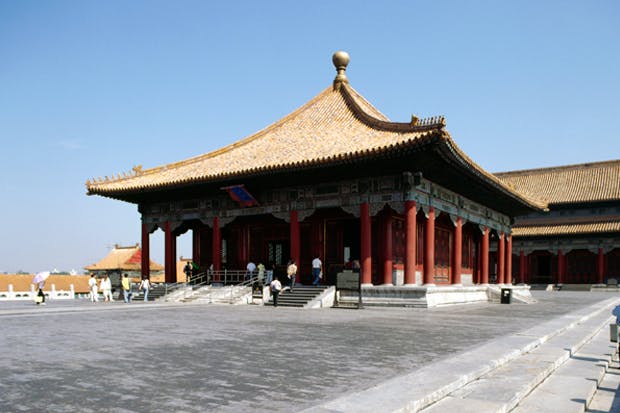
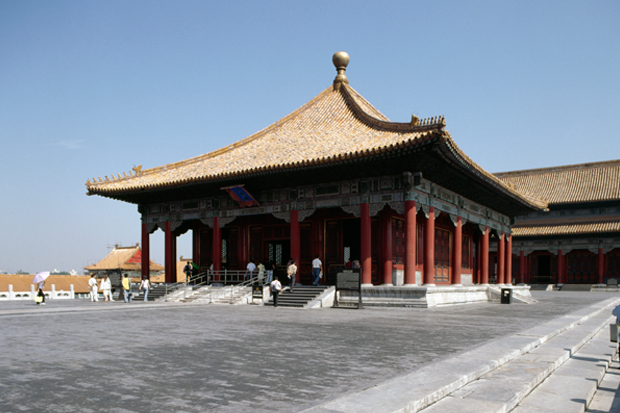

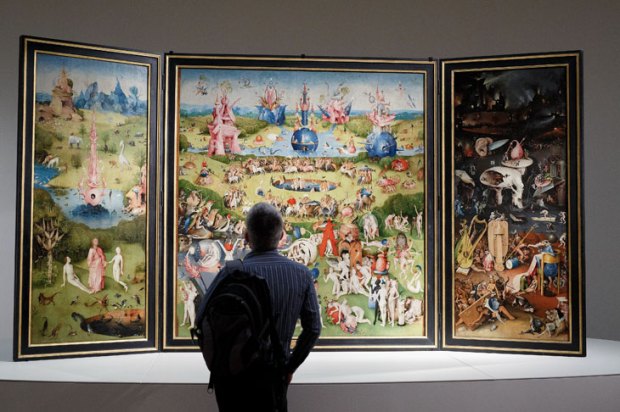
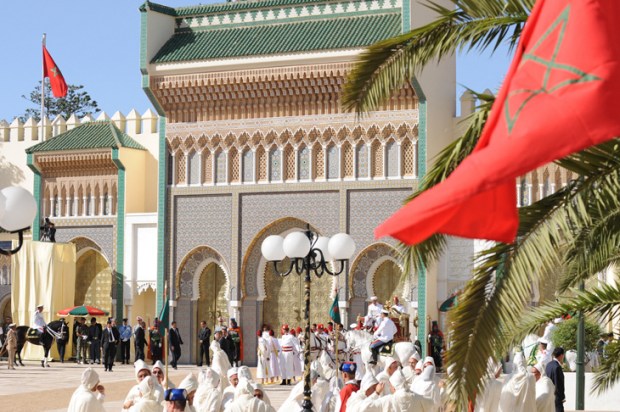
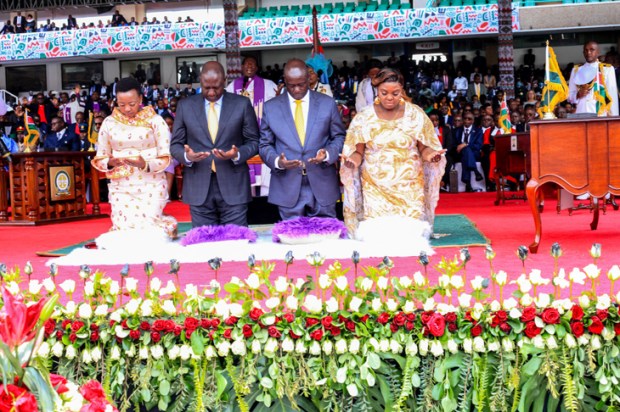
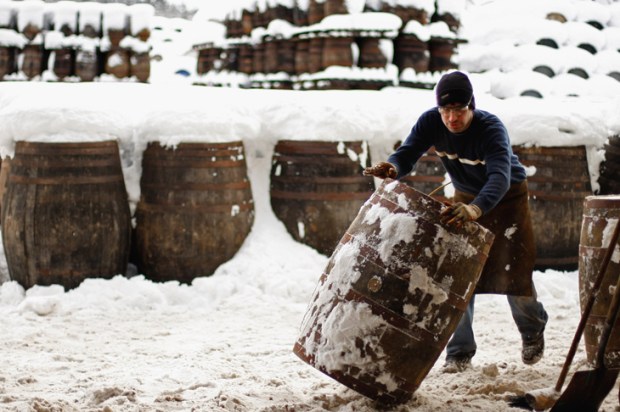






Comments
Don't miss out
Join the conversation with other Spectator Australia readers. Subscribe to leave a comment.
SUBSCRIBEAlready a subscriber? Log in